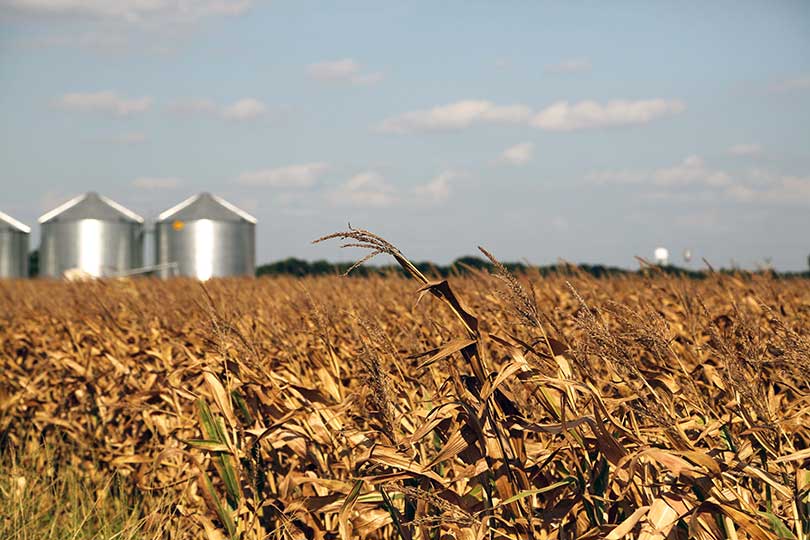Improved yield potential has increased agriculture’s aging infrastructure’s ability to accept and transport commodities efficiently, according to Southwest Farm Press.
But volatile commodity prices and the costs of replacing or refurbishing equipment hinders expansion and modernization.
“Agricultural facilities that handle our grain are aging across Texas,” Executive Director of the Texas Corn Producers Board David Gibson told Southwest Farm Press. “Few new facilities have been built over the past several years, except near some of the unit train sites in Texas—where the 100-car trains that bring grain from the Midwest into our state are handled.”
Gibson noted harvest congestion is a growing concern.
“With today’s larger combines, grains are harvested at a faster pace and harvest is completed in much less time. Many farmers in these areas are either installing on-farm storage or adding to the capacity of their storage,” he said.
For cotton growers, transportation is the key issue.
“From our perspective, the most pressing infrastructure issues are aging and deteriorating farm-to-market roads and state highways,” Steve Verett, executive vice president of Plains Cotton Growers, Inc., told Southwest Farm Press. “Bridges in other parts of the state that aren’t in shape to accommodate today’s trucks and loads are also a concern.”
Investment in infrastructure is needed, especially as yields continue to increase, the commodity representatives said.


I agree that the FM road structure and also the general highway conditions are in dire need of upgrading. The current structure cannot handle the increased truck traffic. The truck traffic is destroying the new construction as fast as it is installed. One instance is the State Hwy 6 between DeLeon, Texas and Carbon, Texas that has been under construction (upgrade) for the past 18 months and is still not completed. The open lanes are being degraded before other lanes are ready for traffic.